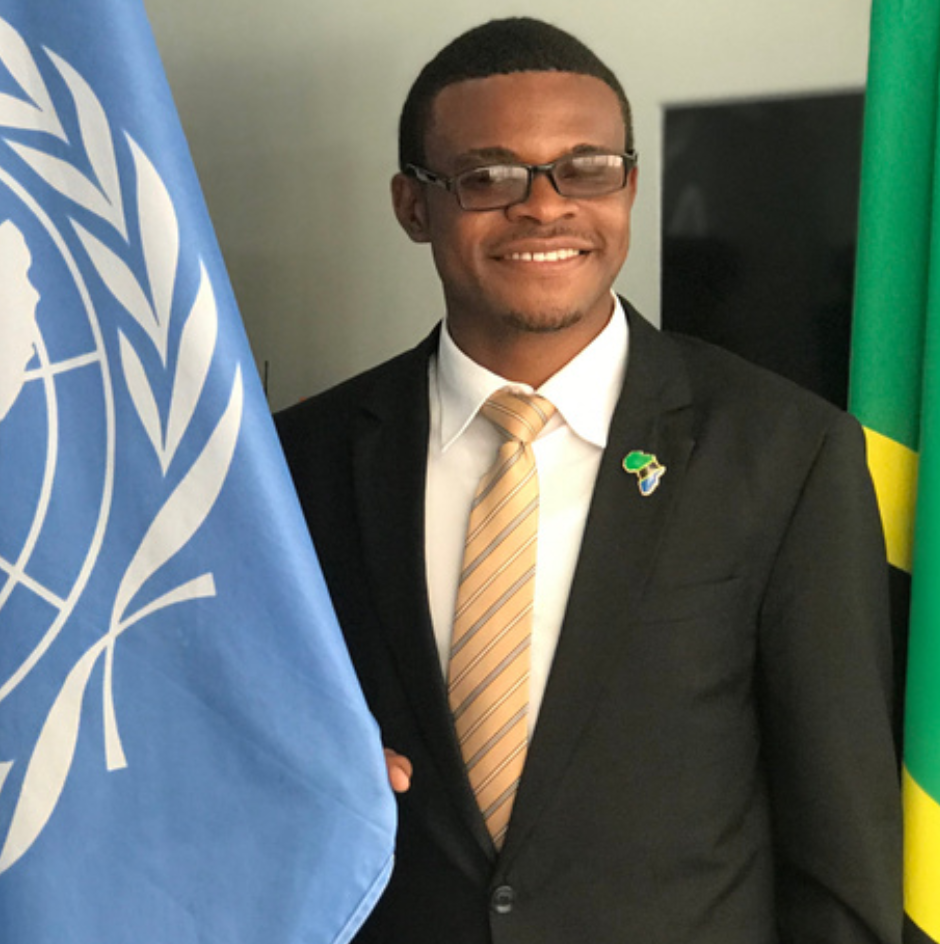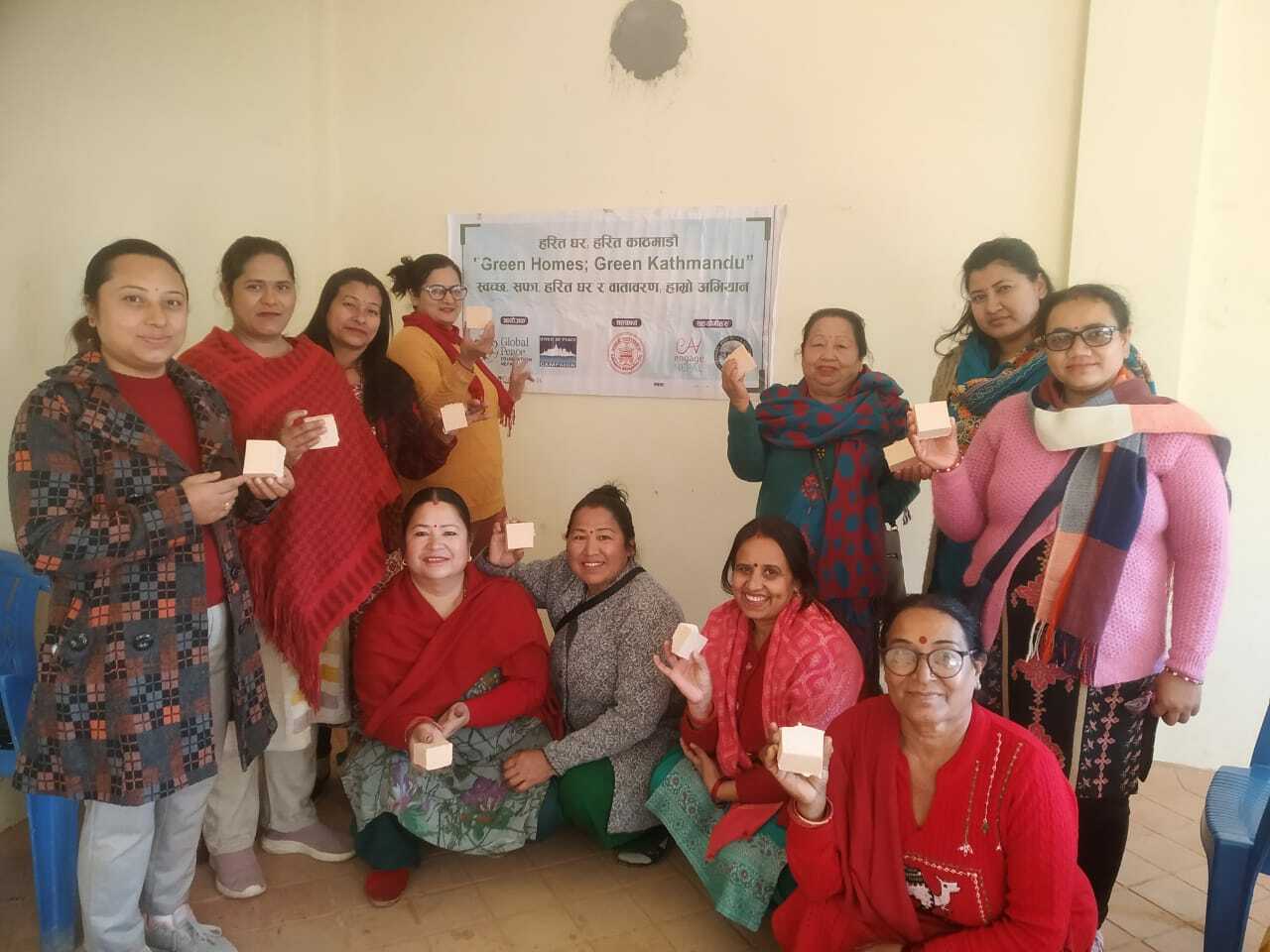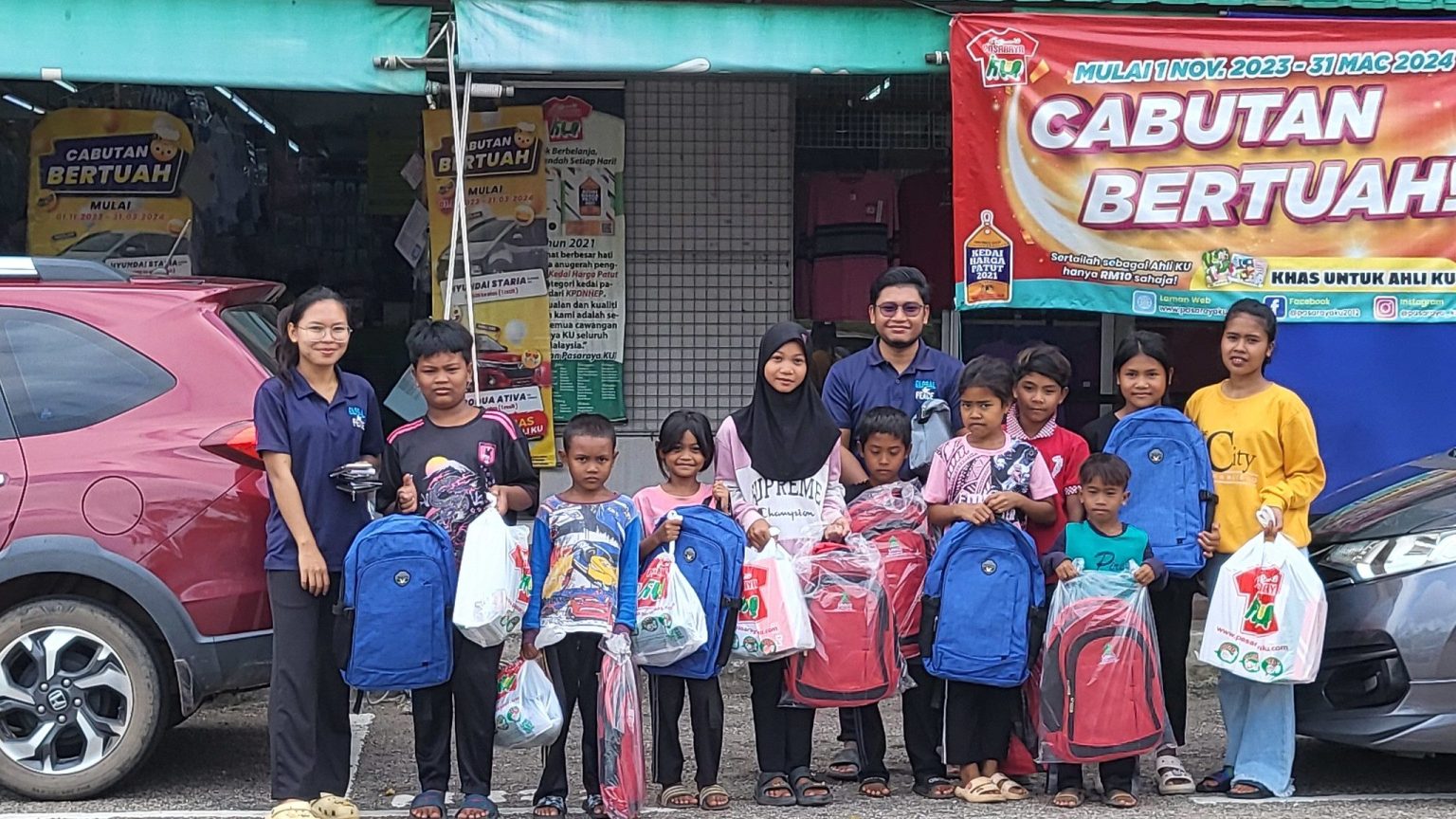The following interview was featured in the United Nations Development Program quarterly newsletter in June 2022, reporting on “Preventing and Responding to Violent Extremism in Africa.”

Joseph Malekela, the Coordinator of #VijanaNaAmani255
In May 2022, UNDP Tanzania, in partnership with the Global Peace Foundation (GPF), launched an 8-month peace-building project – #VijanaNaAmani255 (meaning #YouthAndPeaceTanzania) – in the regions of Lindi, Mtwara, and Ruvuma in the southern borderlands of Tanzania. The project encompasses a broad range of activities, including awareness raising to mobilize young women and men to engage and participate in peacebuilding initiatives, capacitating youth to tackle misinformation, and meaningful inclusion of religious leaders and communities in platforms to discuss faith-based narratives to enhance social cohesion. Mr. Joseph Brighton Malekela, the Coordinator of #VijanaNaAmani255, a passionate youth worker, and UN-trained Youth Champion of Sustainable Development Goals in Tanzania, unpacks specific objectives and a vision of the project.
In May 2022, the Global Peace Foundation, jointly with UNDP Tanzania, began implementing a peace-building project in the regions of Lindi, Mtwara, and Ruvuma. Why were these regions selected and what are the specific goals of this initiative in southern Tanzania?
Violence, led by Ansar al Sunna, an ISIS affiliate, has accelerated dramatically in the last few years along the southern border of Tanzania. Cross border attacks, refugee inflows from Mozambique traversing porous borders into southern Tanzania to escape violence as well as increased recruitment efforts by militant groups have all added to the instability of border regions. This is why the GPF and UNDP selected these three regions to work with young people to build community resilience.
The project targets to impact the youth population in the focused regions. Could you unpack the key challenges young men and women are facing and how many beneficiaries you intend to reach?
Youth in Lindi, Mtwara and Ruvuma are facing common challenges related to a lack of education, school dropouts, extreme poverty, lack of information of available opportunities for economic growth, influence of recruitment to extremist groups as well as fear of peace and security due to recent incidences of violence and attacks near borders of Tanzania and Mozambique. #VijanaNaAmani255 Project, for the year 2022 intends to reach 150 youth representatives from influential community groups, 1,500 students in schools and colleges, 60 religious leaders, 30 cultural leaders, 20 parents and 20 caregivers. Meanwhile, through the ongoing online campaign, we intend to reach indirect online beneficiaries of over 10,000,000 to make them aware of this project.
How do you envisage to leverage and build on this project beyond the implementation phase toward a scaled and long-term impact in the targeted communities?
We want the #VijanaNaAmani255 Project to be a sustainable project. We plan to engage trained youth to conduct local community outreach through door-to-door approaches on peace building and sending monthly reports to Global Peace Foundation Tanzania. Also, we monitor thoroughly the peace clubs in schools and colleges to ensure they are operating throughout the year under specific guidelines, by guidance of their teachers, while sending monthly updates. If we successfully mobilize additional funds, we aim to conduct regular joint dialogues with youth groups, religious leaders and local government authorities as we found that separating them in workshops brings a barrier in information sharing and delivering of suggestions on what should be done in their constituencies. These dialogues will help them to develop common strategies in the communities regarding peacebuilding. Moreover, in the long run, we want to engage more regions with similar challenges, especially Kigoma Region, Kagera Region, Mara Region, Arusha Region, Tanga Region, and Pemba – Zanzibar.
What is your vision for Tanzania to aspire to in the next decade?
The vision of GPF Tanzania is a society free from violence and gender disparities to bring sustainable peace and harmony in the community. To that end, we would like to see a Tanzania that engages youth and women in peace and security as well as a decision-making process from the grassroots levels. We believe the inclusion of youth and women in peacebuilding and leadership ensures sustainable peace and development in communities as they will not only feel part of the process but also own the process and create a society free from violence.



